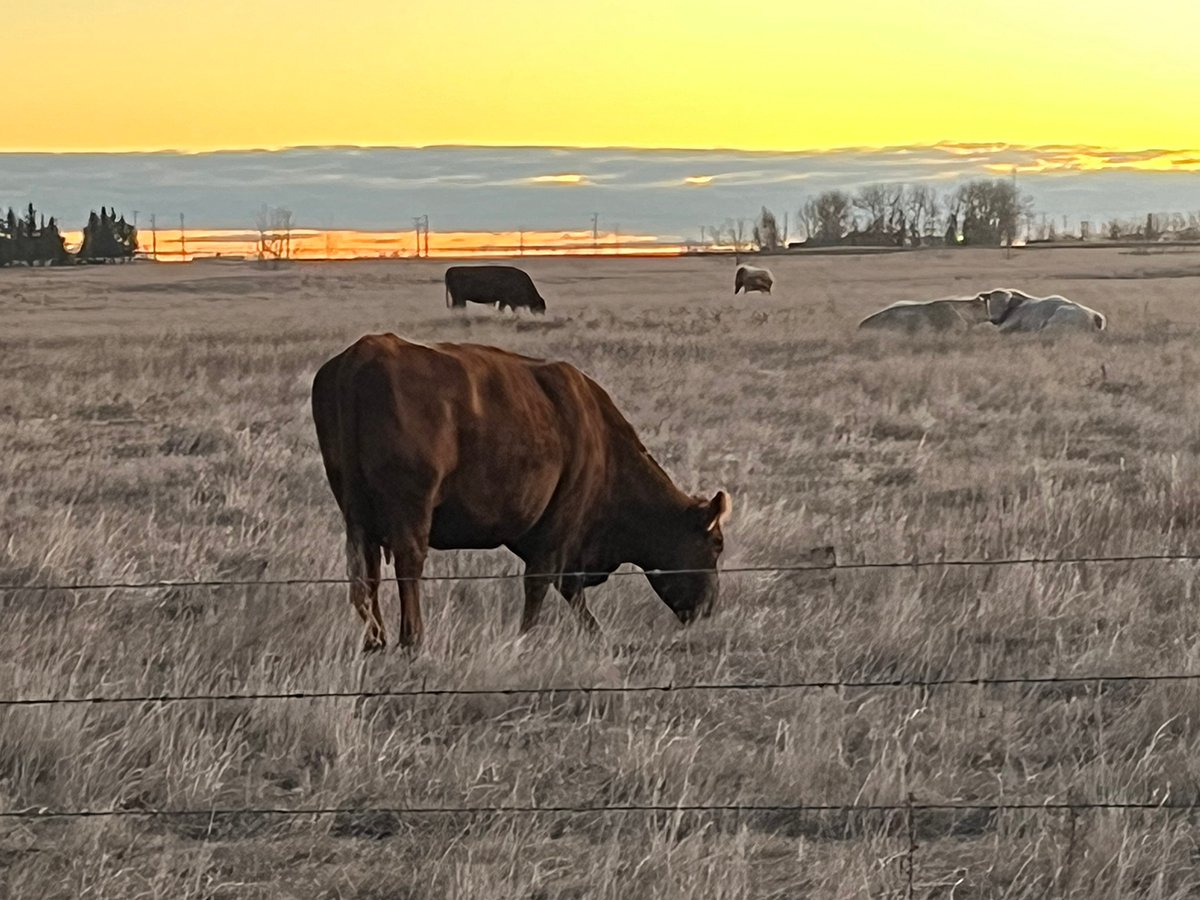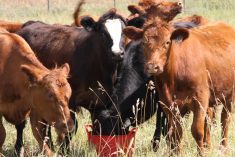The recent discovery of Canada’s latest case of BSE should not complicate negotiations to get Canadian beef back into South Korea, says agriculture minister Gerry Ritz.
In fact, it might even help.
“I think it proves our case with Korea,” he told reporters March 10 after a speech to the Canadian Cattlemen’s Association annual general meeting.
“It proves the efficacy of our testing, it proves that we are serious about getting to the bottom of these situations.”
Read Also

Animal protection delivery to change in Saskatchewan
The Saskatchewan government is looking for a new agency to handle animal welfare after Animal Protection Services of Saskatchewan decided not to renew its contract next year.
Ritz said there has been no negative reaction from the Korean government.
“There aren’t red flags going up that they said could take place,” he said.
“That’s been the hold-up in our negotiations, the overall planning and what could happen if there is another case. We’ve had this case now and there hasn’t been any detrimental back stepping from the government negotiators.”
On the other hand, Korea has still not opened its border to Canadian beef, even though it allows beef from U.S. cattle younger than 30 months.
Canada has launched a World Trade Organization challenge to try to pry the border open.
Meanwhile, CCA president Travis Toews said it is as much a test of the Koreans as it is a problem for Canada.
“It’s hard to determine what impact the 18th case will have in negotiations with Korea,” Toews said.
“I suppose it has the ability to delay what we’d like to see as a negotiated settlement before the WTO rules on our complaint, but also it has the ability to test the South Korean resolve.”
He said the latest case, the first in a year, has not affected Canada’s standing as a controlled risk country as designated by the World Organization for Animal Health.
“I think we are testing Korea’s sincerity in saying it plays by the rules,” he said.
The Canadian Food Inspection Agency informed the industry last month that a 77-month-old Alberta dairy cow had BSE. No part of the carcass entered the human food or animal feed chain.
Ritz said Canada’s extensive testing program increases the chances of finding new cases.
“When you test as many animals as we do and you’re serious about getting to the bottom of this, I think it builds our case with Korea.”














